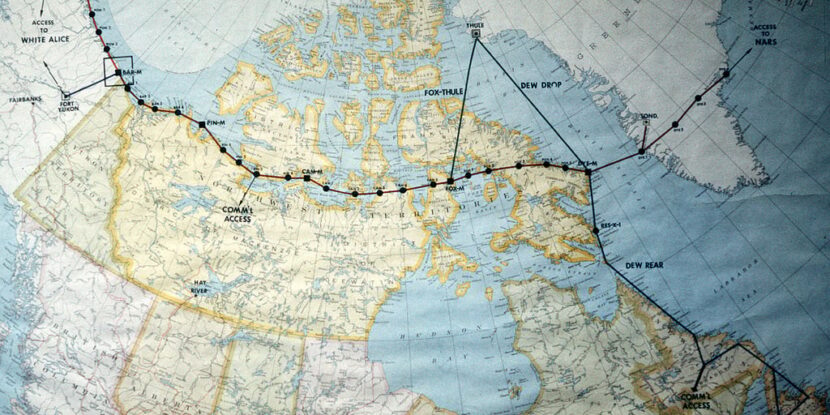When it was first mooted by President Trump in 2019, the declinist establishment in Washington, D.C., scoffed at the idea.
“America cannot expand,” they insisted. “The days of major land purchases are far, far in the past!”
But the idea was never truly quashed, and even the most somber foreign policy analysts today at least consider the idea and its implications despite Greenland’s insistence that it is not “for sale.”
But nor would it have to be, as Alexander B. Gray explains in his new Wall Street Journal op-ed: Why Trump Really Should ‘Buy’ Greenland.
The fact that the Journal is willing to publish this is a sign that the prospect looms large for a second Trump term. And though Trump may be the one to finally get this done, it’s not the first time it has been suggested. The
“Secretary of State William Seward first pursued buying the world’s largest island in 1867,” writes Gray, explaining that “Talk about annexation surfaced anew during World War II, when Denmark surrendered to Nazi Germany and the U.S. occupied Greenland.”
“First, Greenlanders are moving toward independence from Denmark. The 2009 Greenland Self-Government Act establishes significant autonomy for the island, including some leeway to conduct its own foreign affairs. Greenland’s February 2024 foreign, security, and defense policy says independence is the ultimate objective. But Greenland is the least densely populated political entity in the world. If it separates from Denmark, it would be responsible for its own security, a task it is ill-equipped to handle.”
Gray explains this problem for the West:
“This is a grave concern given the second important development: Russia and China are threatening the status quo in the Arctic. Moscow has claimed significant chunks of the Arctic Sea, including inside Greenland’s Exclusive Economic Zone. Russian survey ships have encroached on Greenland’s waters, and Russia is expanding its Arctic bases and formidable icebreaker fleet. China has declared itself a “near-Arctic state,” established a shipping network called the “Polar Silk Road” to bind Arctic communities closer to Beijing’s economic and political agenda, and built its own fleet of icebreakers.”
He concludes with the self-evident natural resource argument, which is one that cannot be over-stressed:
“Finally, Greenland is believed to have significant natural resources, including gold, silver, copper, oil, uranium, and rare earth minerals. This is an opportunity for adversaries to exploit the resources with little regard for local communities or environmental concerns. An independent Greenland would be unable to resist coercive extraction of the kind practiced by China and Russia.”
The solution, as many on Capitol Hill now understand, is not necessarily a straight “purchase” but a form of protectorate agreement that would ensure the region’s security, especially for the United States and United Kingdom, while allowing Greenland the freedom and sovereignty to conduct its own, domestic affairs.
This reality may be closer than you think.

